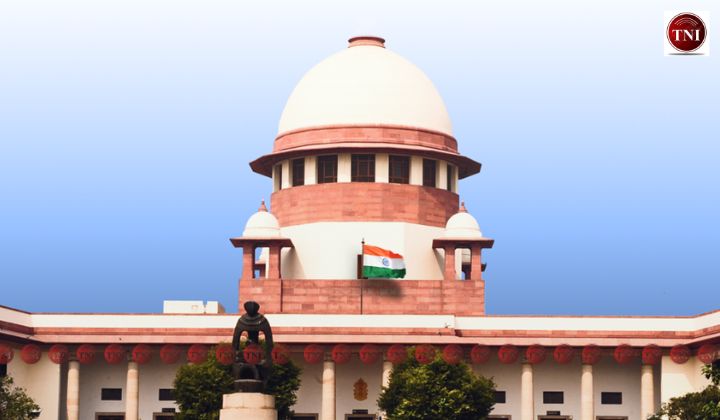New Delhi: The Supreme Court emphasized that public safety is paramount, and any religious structures—whether temples, dargahs, or others—encroaching on roads, water bodies, or railway tracks must be removed. The court, hearing petitions against bulldozer actions targeting accused criminals, stressed that India is a secular country, and its directives would apply equally to all citizens, regardless of religion.
A bench comprising Justices B R Gavai and K V Viswanathan addressed concerns over the increasing use of bulldozer action, referred to as ‘bulldozer justice,’ in various states like Uttar Pradesh, Gujarat, and Madhya Pradesh. Solicitor General Tushar Mehta, representing these states, clarified that being accused of a crime, even serious offenses like rape or terrorism, should not lead to demolition unless the property violates municipal laws. The court further emphasized that demolitions must follow due process, including issuing advance notice.
The bench acknowledged that there are different laws for municipal corporations and panchayats but suggested creating an online portal to digitize records and make the process transparent.
Support Independent Journalism? Keep us live.
Rejecting claims that a specific community was being targeted, the court reiterated that its orders would apply to all religious encroachments. “Public safety is paramount,” the court stated, adding that unauthorized constructions, whether a gurdwara, dargah, or temple, must not obstruct public spaces.
Senior Advocate Vrinda Grover, representing the UN Rapporteur, raised concerns over housing availability, which was met with objections from the Solicitor General, who argued against internationalizing the issue. Meanwhile, Senior Advocate C U Singh, appearing for a petitioner, urged that bulldozer actions not be used as a crime-fighting tool.
The court concluded by stating that demolitions could only be justified for violations of civic rules, not based on criminal accusations, and extended the interim stay on demolitions without court permission.


Comments are closed.